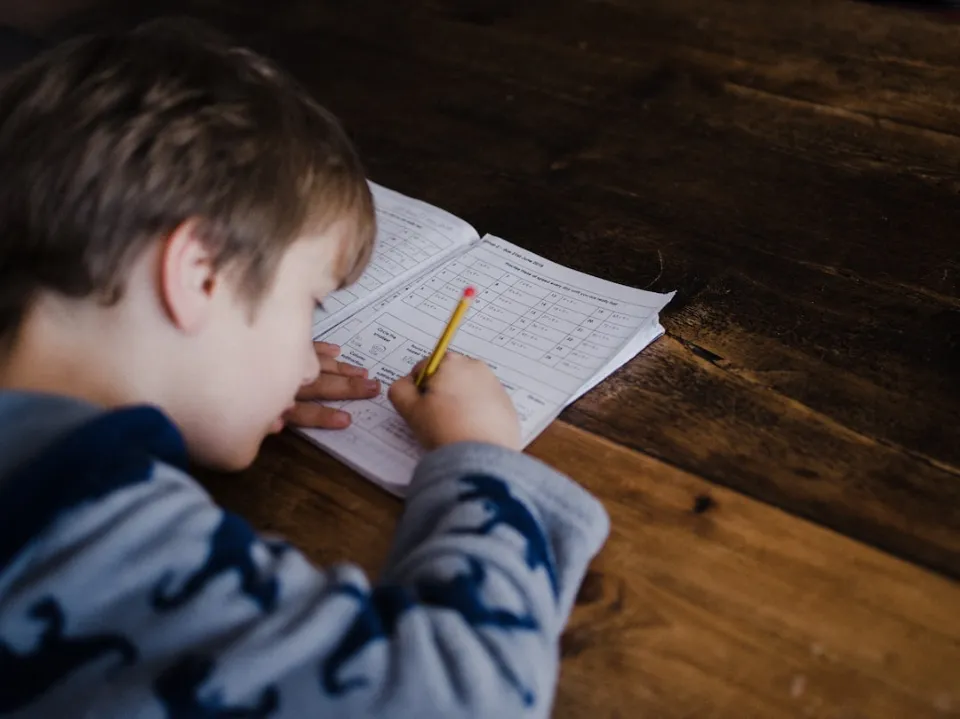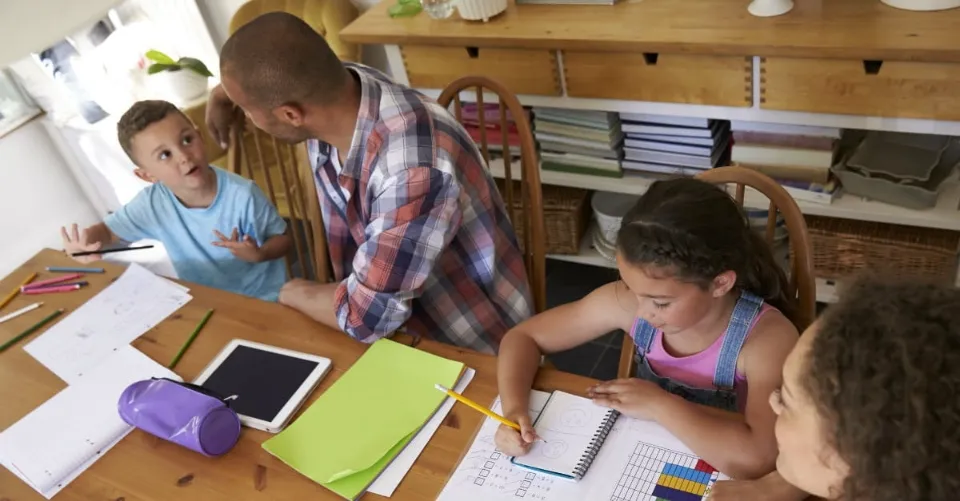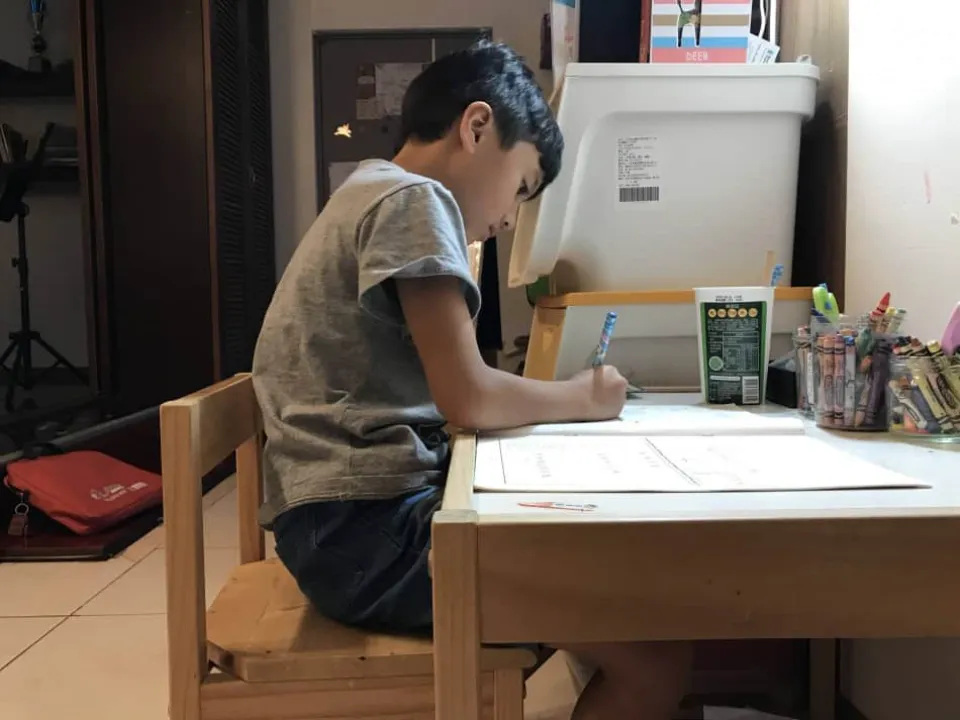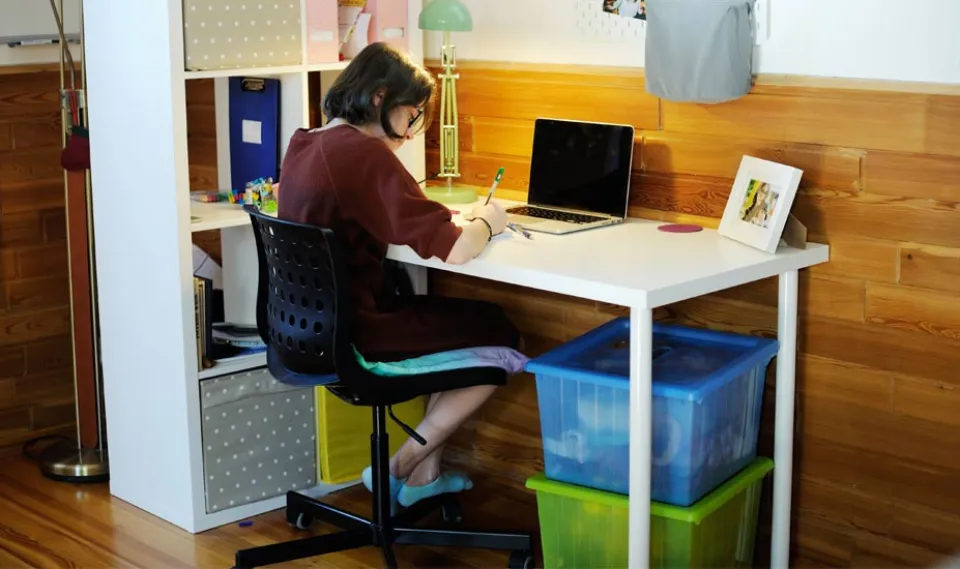
Are Homeschooled Students Smarter? Why?
You may be not sure about whether to homeschool your kids. In fact, homeschooled kids are smarter than those in schools. Here is why.
Homeschooling had previously come under fire for being outdated. However, as more parents jump on the bandwagon in recent years, it has gained popularity. The system of homeschooling, according to its proponents, gave kids a strong moral, psychological, and educational foundation. So, are homeschooled students smarter?
Homeschooled students are smarter than schoolchildren. On standardized tests, homeschoolers typically perform 15 to 30 percentile points better than students in public schools. Adults may find homeschoolers more commodious and useful.
You can read this article to learn more about this subject.
Are Homeschooled Students Smarter?
Homeschooling gives you the freedom to choose how quickly you learn. Homeschooled students outperform the national average on the SAT and ACT. Homeschooled students outperformed academic students statistically and significantly in 2017, according to 78% of peer-reviewed studies on homeschooling.
Additionally, homeschoolers perform on average 22.8 grades. Homeschoolers outperform students in public schools on standardized educational tests by 15% to more than that. Public school graduation rates are currently average 57.5%, while homeschooling graduation rates average 67%.
Why Does Homeschooling Make Children Smarter?

The reason why homeschooling kids makes them smarter is that parents take full responsibility for their children’s education, providing them with the needed emotional support to perform well. Other reasons include:
There’s Less Distraction
Your child’s attention will be diverted from their studies in mainstream school by a variety of factors. It can be the class clown, unnecessary talk, and modern gadgets. The use of gadgets, however, is under your control at home. Being at home with your child alone automatically eliminates the other classroom distractions.
One-on-one Tutoring
The probability of your child becoming smarter is significantly decreased by the lack of individualized attention in public schools. However, when homeschooling, you put all of your attention on one child, going over any concepts they didn’t understand and only moving on when they did.
Comfortable Learning Environment
Homeschooling provides your child with an opportunity to move on with their studies without the fear of bullies, peer pressure, and violence. They excel in their studies and outperform their peers in public schools because they feel safe at home, which is enough motivation for them.
It Addresses Student’s Specific Needs
Teachers frequently ignore struggling students or anyone who lags behind in concepts and subjects because of large class sizes. Homeschooling does not fit this description. The shortcomings in public education are typically addressed by a homeschool teacher, who focuses on reteaching subjects the student found challenging or was too self-conscious to ask for assistance with.

Strengthens the Parent-child Bond
Family closeness is cited as the primary benefit of homeschooling by proponents. Here, the moral, psychological, and educational requirements of children are met. Only educational needs are considered in traditional schools because of the large class sizes, but these needs are not sufficiently met.
Encourages Community Learning
The world is essentially the classroom when learning at home; there are no physical boundaries. Homeschoolers learn how to prepare meals, complete other household tasks, and give back to their neighborhood. They have matured earlier than their peers who have been enclosed in the school because of this exposure to life skills.
There’s No Peer Pressure
Due to the safe environments in which homeschooling is conducted, there are no peer pressures for your child to use drugs, skip school, or engage in other bad behavior. Since you spend the majority of your time together, it is simple to influence their behavior in a way that will further your goals by instilling discipline in them.
It Does Away With Boredom
A homeschooler is never left on their own to fend for themselves. Additionally, a homeschooler can participate in a variety of activities.
And because the class is not confined inside, you can take your child to the library, Museum, out in the park, or on a trip with other homeschooling families. You can switch to a different subject whenever you need to because the homeschooling timetable is flexible.

Stronger Relationship With the Tutor
The interaction between students and teachers is not close in traditional educational settings. Given the small class size of 25 to 30, it is challenging to give each student the individualized attention they require.
A shy learner will, however, find it less difficult to ask questions at home if they don’t understand a particular concept. When they ask questions here, they aren’t concerned about being judged by their peers.
It Caters to Special Needs Students
One reason why parents choose homeschooling is that mainstream schools are unable to adequately meet the needs of their special needs children.
However, when a child is homeschooled, the parents will take all reasonable measures to meet their child’s educational needs. The student won’t encounter bias, stigma, or roadblocks that aren’t put in their path.
When is Homeschooling a Good Idea?
You ought to think about it’s time to homeschool your child if he or she is having difficulty in school. When a child is being bullied by other kids or is dissatisfied with their current teacher or school, this can be especially helpful.
It can be challenging to predict the kind of education a child will require to succeed in adulthood. To ensure that your child performs at their highest level and has a successful future, homeschooling can help you figure this out.
For any family that wants to travel the world without worrying about sending their children to traditional schools where they might not get an adequate education, homeschooling could be a great idea.
Homeschooling has many advantages over simply sending children to school every day because it gives parents complete control over the curriculum and the way they choose to teach their children.
Education of children with special needs is a beneficial aspect of homeschooling. They have a better chance of realizing their full potential as a result of not having to worry about the issues that come with attending a public school, such as having a hard time making friends or dealing with bullies.
Conclusion: Homeschool Your Kids
Compared to regular public or private school students, homeschooled students are smarter. Exam results and other tasks can be improved for homeschooled students.
There is no doubt that students who are homeschooled have every opportunity to compete favorably with their peers in traditional classrooms. They are given a head start by being exposed to the real world at a young age in addition to having the ideal environment for learning.
FAQs
Does Harvard Accept Homeschoolers?
Each applicant to Harvard College is considered with great care and homeschooled applicants are treated the same as all other applicants. There is no particular procedure, but we do appreciate any pertinent information you can provide about your academic and personal history.
What Country Has the Highest Percentage of Homeschoolers?
The United States has the highest number of homeschooled kids worldwide.
Is It Legal to Homeschool in Australia?
Homeschooling in Australia is legal in all states and territories, but each state has different regulations and requirements. You should therefore familiarize yourself with the homeschooling requirements in your area before you embark on your homeschooling journey.


